According to statistics from the National Institute of Nutrition, the average sugar consumption of Vietnamese people is 46.5 grams/day (2018), many times higher than the recommendation of the World Health Organization (WHO).
According to statistics from the National Institute of Nutrition, the average sugar consumption of Vietnamese people is 46.5 grams/day (2018), many times higher than the recommendation of the World Health Organization (WHO).
At the recently held workshop on the trend of using sugary foods and drinks, Dr. Bui Thi Mai Huong, National Institute of Nutrition, said that sugar in the Vietnamese diet currently accounts for a very high proportion, up to 70%, far exceeding WHO recommendations.
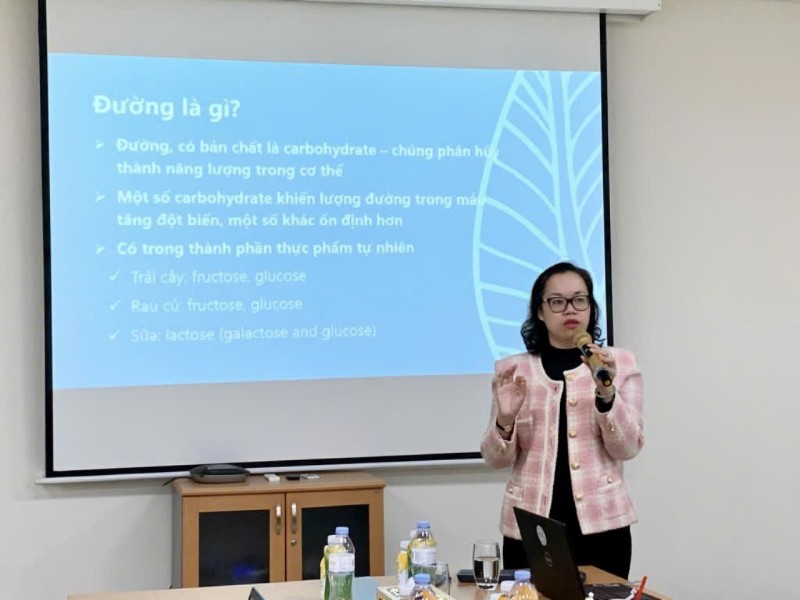 |
| Dr. Bui Thi Mai Huong, National Institute of Nutrition shares about sugary drinks. |
According to Dr. Huong, over the past 15 years, sugar consumption in Vietnam has increased 7 times. According to statistics from the National Institute of Nutrition, the average sugar consumption of Vietnamese people is 46.5 grams/day (in 2018), many times higher than the recommendation of the World Health Organization (WHO), only 25 grams/day.
Excessive sugar consumption is a cause of many chronic non-communicable diseases. In this context, the reasonable and safe use of sugary foods becomes a matter of concern.
Dr. Huong also shared that a can of carbonated soft drink contains up to 36g of sugar. Research shows that more than 57% of survey participants have the habit of drinking carbonated soft drinks, of which, 13% of men drink every day.
She warned that excessive sugar consumption is a major cause of chronic non-communicable diseases, such as dental disease, diabetes, obesity, and cardiovascular disease.
To use sugar safely, you need to distinguish between the types of sugar in food. There are two main types of sugar, including:
Natural sugars: Found in fruits, vegetables, and dairy products (lactose). These are natural sugars that provide energy and essential nutrients to the body.
Added sugar (refined sugar): This is the type of sugar added during food processing, often found in candy, soft drinks, and processed foods. This is the type of sugar that should be limited because it does not provide nutrients and can be harmful when consumed in excess.
The World Health Organization (WHO) recommends that added sugars should not account for more than 10% of total energy in the daily diet.
For an adult on a 2,000 calorie diet, this equates to about 50 grams (12 teaspoons) of added sugar. However, if possible, you should reduce your added sugar intake to less than 5%, which equates to 25 grams of sugar per day.
When you have a sweet tooth, instead of choosing foods with added sugars, prioritize foods with natural sugars like fresh fruit, unsweetened yogurt, or naturally sweetened nuts.
These foods not only provide sugar but also vitamins, minerals and fiber, helping to maintain overall health. For example, instead of drinking sugary soft drinks, you can replace them with fresh fruit juice, but also pay attention to the amount of sugar in the juice to avoid overconsumption.
An effective way to control your sugar intake as recommended is to read food labels carefully to know exactly how much sugar you are putting into your body.
In addition to reducing sugar intake, pay attention to building a balanced diet with all food groups. Prioritize green vegetables, fruits, whole grains and high-quality protein sources such as fish, chicken, beans and nuts. A healthy diet will help you maintain your health and limit your cravings for sweets.
Regular exercise not only helps you control your weight but also helps your body use sugars more effectively, preventing diseases such as diabetes and heart disease. Physical activities such as walking, jogging, swimming or yoga will help you maintain your health and minimize the harmful effects of consuming too much sugar.
Eating too much sugar can lead to excess glucose in the brain, affecting memory and cognition. The habit of eating foods high in sugar and salt is becoming more common, especially among young people. WHO recommends reducing free sugar intake at all ages to protect health.
The American Heart Association also recommends that women consume no more than 6 teaspoons (25g) of sugar per day, which is equivalent to about 50g of added sugar.
Ms. Nguyen Quynh Van, Deputy Director of the TH Nutrition Institute, also emphasized that consuming too much sugar can lead to chronic non-communicable diseases and harm health.
Ms. Van recommends that Vietnamese people should reduce the amount of sugar in their daily diet to protect their health. Choosing safe foods and drinks, such as water or sugar-free drinks, is extremely important. Consumers should read labels carefully to choose products with little or no added sugar.
Food manufacturers should also improve their products by reducing added sugars and using natural ingredients, such as the sweetness of dates, to create a natural sweetness. This will help consumers form healthy, good-for-you habits.
The rapid increase in sugar consumption in Vietnam is a serious public health problem. People need to have the habit of consuming sugary foods reasonably, choosing safe foods and drinks to protect the health of themselves and their families. Only by reducing sugar consumption can we prevent the long-term harmful effects of sugar on health.
Source: https://baodautu.vn/su-dung-thuc-pham-co-duong-the-nao-cho-an-toan-d232240.html










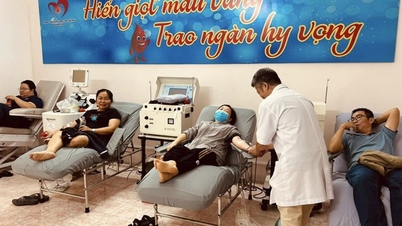

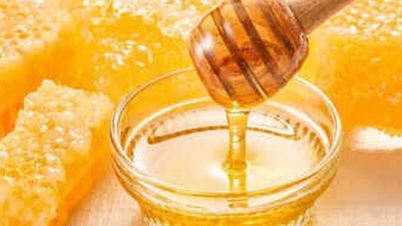
















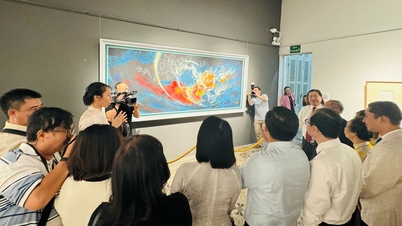

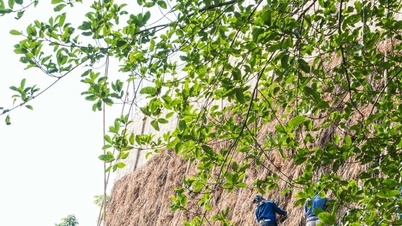

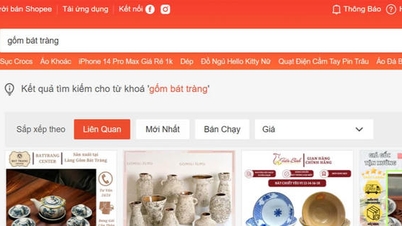




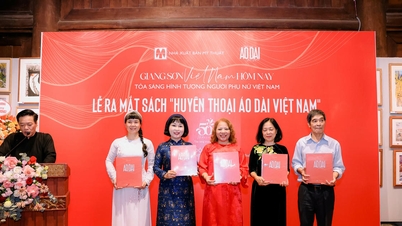





























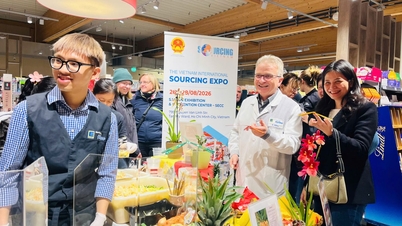


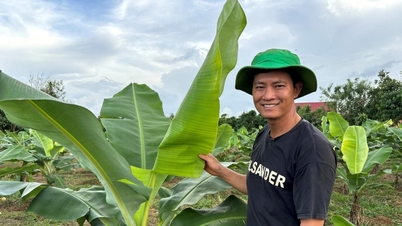

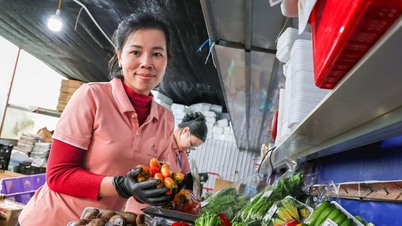

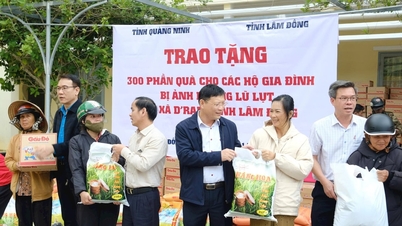

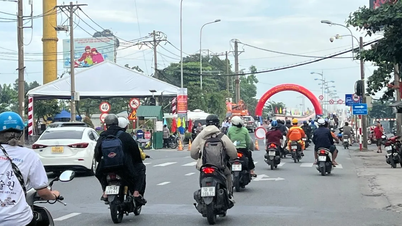
















Comment (0)